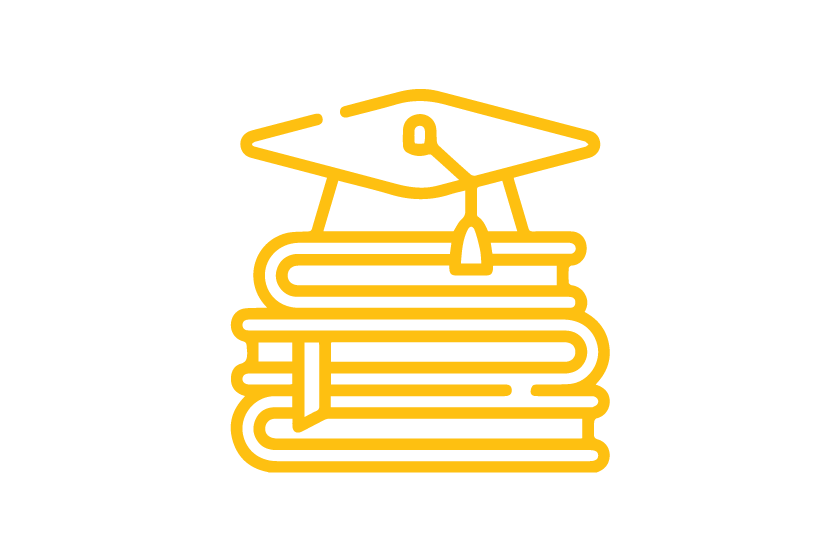February 28, 2010
College Level Writing – A Challenge for ESL Students
“Writing may be by far the single academic skill most closely associated with college sucesss” (“Towards a More Comprehensive Conception of College Readiness”, David Conley, © 2007) I asked our ELL (English Language Learners) students why their parents brought them to the United States. Almost every one of them said to get a college education and career that will lead to a high paying job. However, acquiring college-ready English is not a trivial pursuit, even for the student literate in their native tongue and most of
January 30, 2011
College Success
In today’s (January 30, 2011) Sunday Boston Globe, Lawrence Harmon wrote an Opinion piece entitled “The Transition Coach.” This article talks about a Boston Foundation-funded program, Boston Success, that places college coaches into the community colleges to help students coming for Boston Public Schools navigate college. The goal of these programs is to improve college retention, particularly for students who are first in their family to go on to post-secondary education. The article correctly pointed out that the real solution lies in fixing the high
May 16, 2010
Community Colleges Are Filling the Gap. But Shouldn’t Others Be Helping?
At Salem CyberSpace almost of all our students live in homes where English is not spoken and over half are native speakers of languages other than English. For the students who came to this country as teenagers, getting up to speed in English in order to succeed in college is indeed a tall task. However, all students who do accumulate the required number of high school credits and pass MCAS will earn a ticket to the local community college. Community Colleges provide open enrollment to any
January 27, 2010
Connecting Career To High School Achievement
High school reformists incorporate the 3 R’s for student success: rigor, relevance, and relationships. Students need to be challenged academically, to understand how that challenge relates to life in the “real world,” and to know that adults in the system care about them and are invested in their success (what I have called in previous blogs, social capital). Most urban high schools offer a range of rigor in course selections including honors and AP level courses. However too many students lose the connectedness between their learning
March 22, 2015
Connecting Careers and Academic Achievement at LEAP for Education
High school reformists incorporate the 3 R’s for student success: rigor, relevance, and relationships. Students need to be challenged academically, must understand how that challenge relates to life in the “real world,” and they need to know that adults in the system care about them and are invested in their success. Most urban high schools offer a range of rigor in course selections including honors and AP level courses. However, too many students miss the connection between their learning and the real world. How many times
August 3, 2012
Developing a Community of Engaged Learners
A large percentage of high school students are disengaged from learning. Nationwide 50% of these students do not go on to any post-secondary education (38% here in Essex County, MA). I have always been an engaged learner so it has been a long path for me to realize that for many, learning can appear to be irrelevant and, yes, boring. In fact, this is the most common reason students cite for dropping out. These students see no clear connection between their schoolwork and the “real world.”
January 10, 2013
Dining to Donate 1/17/2013
No excerpt
September 6, 2012
Do We Need Algebra?
In a recent article in the New York Times entitled “Is Algebra Needed?” by Andrew Hacker, (http://www.nytimes.com/2012/07/29/opinion/sunday/is-algebra-necessary.html?&pagewanted=all) Mr. Hacker states that “making mathematics mandatory prevents us from discovering and developing young talent…..and from depleting our pool of brainpower.” Mr. Hacker states that failure to meet math requirements are the primary reason for dropping out of high school and college. His claim is largely based on anecdotal evidence. However, even if math was a reason for many to drop out, why are we presuming it is math
June 23, 2022
Dr. Robert Putnam of the Harvard School of Government discusses the Opportunity Gap
Dr. Robert Putnam, Harvard professor in public policy at the Harvard School of Government, discusses the growing opportunity gap among our low-income youth and its implications for their social mobility and the costs to society. He makes a compelling case for all of us to take this issue seriously and for us to use our collective voices to compel our government as well as religious leaders to do something about it.
September 8, 2013
Extended Learning Time
Any after-school provider who speaks out against Extended Learning Time (ELT) speaketh with forked tongue, indeed. Quality after-school programs prove over and over again that ELT is valuable. When reading articles on ELT, I am taken aback with comments that ELT have not been proven to impact academic outcomes. I infer from the articles that the data is inconclusive. I have not had the time to read the research that has been done but I believe that some of the issue may be that the value


